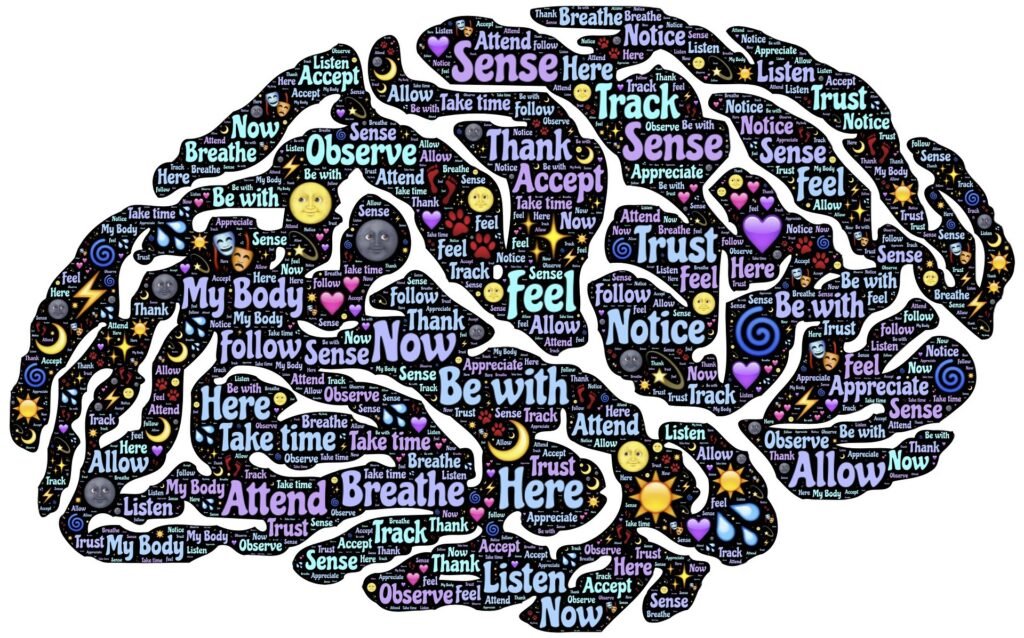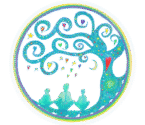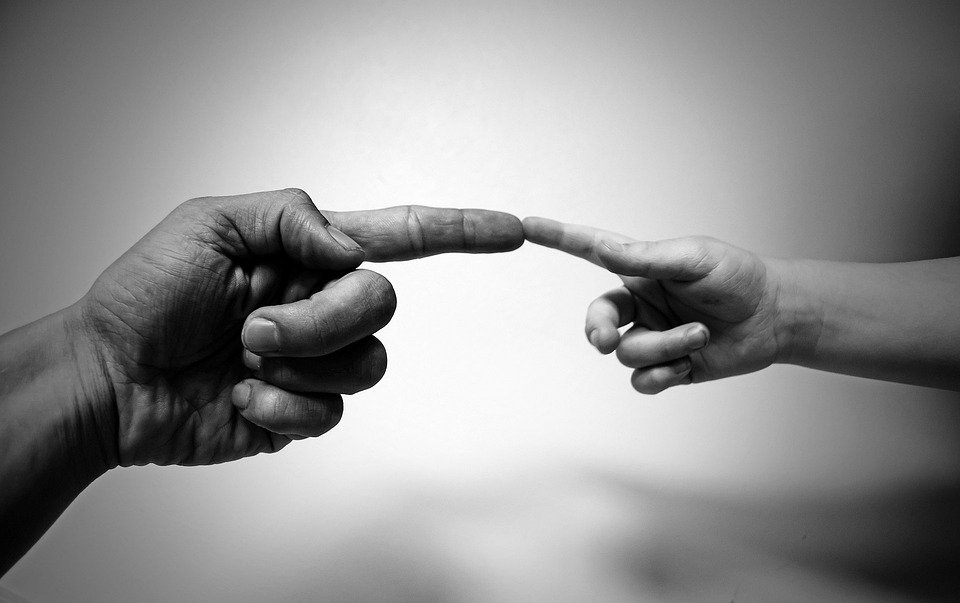I firmly believe that my mental health challenges were a gift.
Whilst I am sure many would not agree with that statement, as an experiencer of depression, anxiety, panic attacks and PTSD over a 30-year period, it was not only the biggest wakeup call that culminated in dire circumstances for ignoring previous messages the universe was sending me, but also one of the greatest learning lessons of my life and path to redisclosing who I really am, I process that continues today.
Reframing mental health is only part of the process: depression akin to your guardian angel directly saying “no, go another way”, anxiety being an early trigger warning that there’s homework (aka inner healing work) to do. And with the more brutal panic attacks and PTSD, your guardian angel standing there with a loud speaker asking you if you are listening yet?

In the UK prior to lock down over 8 million individuals were on medication for their mental health. That number has since doubled. ** And that excludes those wishing to find alternative pathways to supporting their mental health. In the UK, the NHS offers 2 solutions: pill popping and talk therapies. The former acts in the same way the drug ecstasy does, the latter you could wait up to 5 years for.
And if anyone tells you PTSD is untreatable and a lifelong condition they should be struck off as I am living proof that you can move through a situation like that, no matter how bad.
I empathise with anyone struggling with any of these conditions. It’s not easy and neither is it easy to be understood by loved ones and those around you. But as humans we all have choices and tough love is never easy. There is only one way to move forward, however hard and that is one of self-responsibility. But don’t try and eat elephants and become the Dalai Lama overnight. Small stepping stones is the way forward as my brother once suggested to me.
Tackling the monkey brain within is a good place to start. Yes, that one that says you aren’t good enough and constantly compares you with others. Replace the negative with positive (E.g., morning affirmations) and appreciate that we are all so individual and unique, rather than all one of the same that the system would like us to believe. Digging up the past and dealing with emotions (such as childhood experiences, teenage changes, relationship dilemmas, grief) is important as they cannot stay buried for ever, unless of course you want to project your hurt and upset onto your future generation. Plotting a timeline of your life can be helpful to identify the sticky points. Grading each experience, then give you a list of priorities. As time goes by, the incessant head chatter will start to relieve as the wounded inner child heals and emotions our processed.
Bringing your mind to a calm place is key. It took me a couple of years to get there, but alongside this my migraines receded as did my sleep improve. Alternative therapies are truly worth exploring for example homeopathy, acupuncture (great for emptying the brain if you are okay with needles), Bach remedies (White Chestnut – a few drops in water can support calming the mind) and Reiki. Give things a try. We are all different: Know that your path is unique and if budgets an issue there are healers out there providing concessions for lower incomes.
Once the mind is still, the journey to the soul can be reignited. Our mind is a powerful tool and it can be incredibly obstructive at times. Being in a place where you can sit in peace, comfortable with silence is a great place to be. The journey to enlightenment then has an opportunity to prevail.
__________________________________________________________________________________________
** In surveys taken between July 2019 and March 2020 prevalence was 10%, but this rose to 19% by June 2020 and 21% by January to March 2021. By July to August 2021 the proportion of adults with moderate or severe depressive symptoms had fallen to 17%. Source: https://researchbriefings.files.parliament.uk/documents/SN06988/SN06988.pdf



